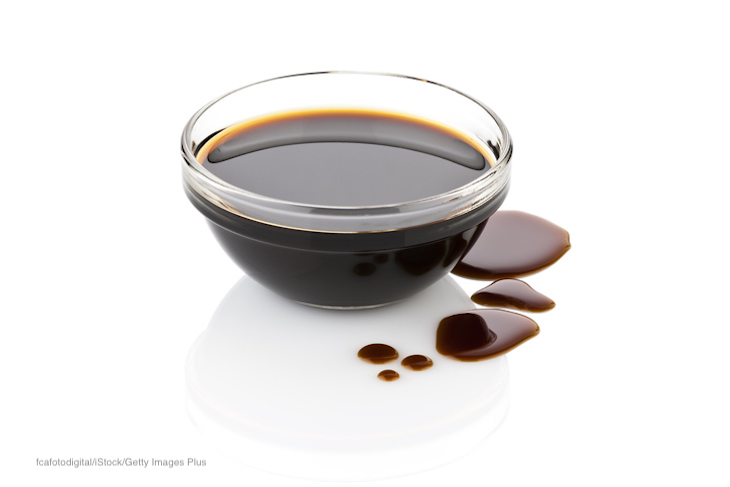There are high levels of arsenic and lead in vinegars, according to a letter that Food & Water Watch sent to officials at the FDA. The letter was also signed by the Empire State Consumer Project (ESCP). The letter claims that dangerously high lead and arsenic levels have been found in many brands of vinegars, especially balsamic vinegar, and vinegar reductions that are sold in United States grocery stores.

Those organizations are asking the FDA to protect the public, especially children and pregnant women, who are most at risk for serious health problems from those heavy metals. They want the FDA to establish limits for those compounds in vinegars and to add warning labels on products.
ESCP’s test results showed that of the 24 samples of major brands of vinegars or vinegar reductions and glazes purchased in the Rochester, New York area or online, close to half were contaminated with arsenic or lead. Seven samples tested positive for both heavy metals, and 10 out of 21 of all balsamic vinegars or vinegar reductions a or glazes teated positive for either arsenic and lead. All but one of the vinegar or reduction samples that tested positive for either compound were imported from Italy, Greece, or Spain.
The brands with high levels of arsenic and lead in vinegars include Great Value Balsamic Vinegar sold at Walmart stores, Rachel Ray Balsamic Reduction, Colativa Balsamic Vinegar, Wegmans Aged Balsamic Vinegar of Moderna, and Alessi Balsamic Reduction. All of these tested products are sold through mainstream retailers in the U.S.
For arsenic, the levels were very high, ranging from 70 parts per billion (ppb) to more than 1040 ppb. At the maximum levels found in these products, with a one tablespoon serving, people would far exceed the FDA’s 10 ppb maximum contaminant level for 1 liter of bottled water.
Lead levels were also very high, ranging from 68.6 ppb to 127 ppb. These levels are at least twice as high as California’s maximum contamination limit of 34 ppb in balsamic vinegars. California requires a warning label for those products.
This testing was conducted to see if levels of contaminants in balsamic vinegar were reduced since the Environmental Law Foundation first identified the issue in 2002. The new testing shows that lead and arsenic levels are still unacceptably high in many brands.
California’s Attorney General has sent 24 warning notices to companies for lead found in balsamic vinegar. There was “little overlap” in products, suggesting that this may be an industry-wide problem.
These limits, however, are not based on protecting public health. Consumers put themselves at risk by purchasing these products that are contaminated with toxic metals. The Environmental Protection Agency has set a goal of zero ppb for inorganic arsenic in drinking water, since there is no level below which there is no known or expected health risk.
Exposure to arsenic in utero is associated with DNA damage and micronuclei in newborns. This genetic damage may contributed to the development of cancer later in life. Elevated levels of lead in the blood during pregnancy can also increase the risk of miscarriage, cause premature birth, hurt the baby’s brain, nervous system, and kidneys, as well as causing learning and behavioral issues.
Arsenic is also a cardiotoxin and is dangerous for anyone with kidney or heart disease. Lead can affect adults and children and can accelerate cognitive decline with age. The agencies sending the letter are concerned that the FDA may be overlooking the contribution of these products to unsafe levels of arsenic and lead.
There is FDA precent for this action since there are already import alerts in place for arsenic in fruit juice, bottled water, and dietary supplements, and for lead in candy, dried fruits, spices, and dietary supplements.




